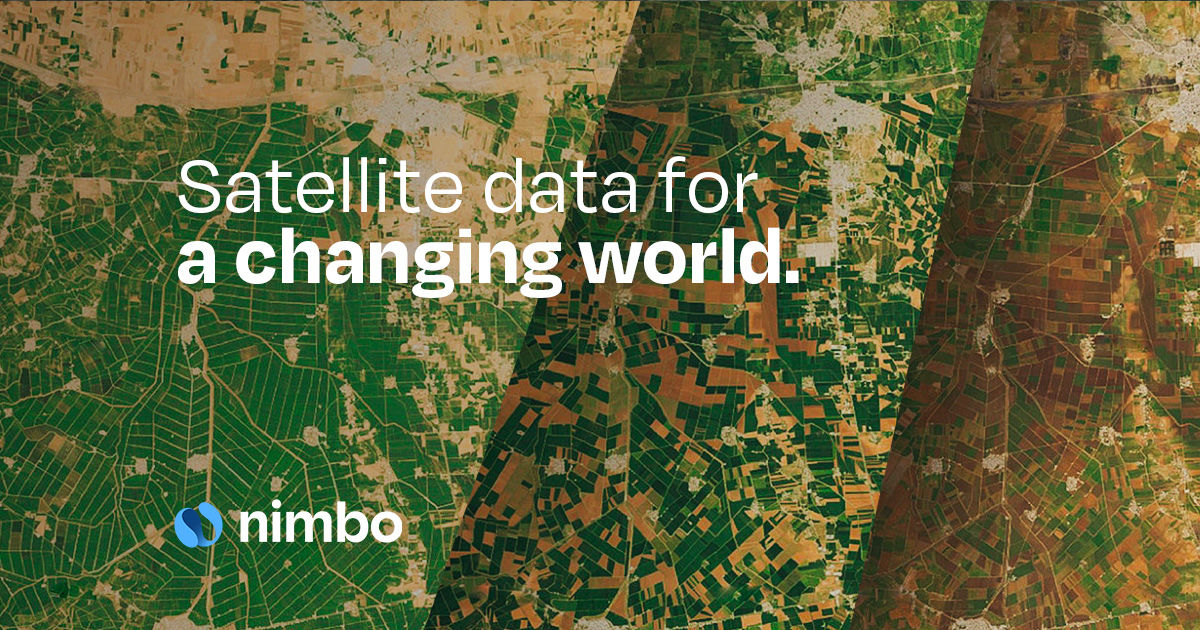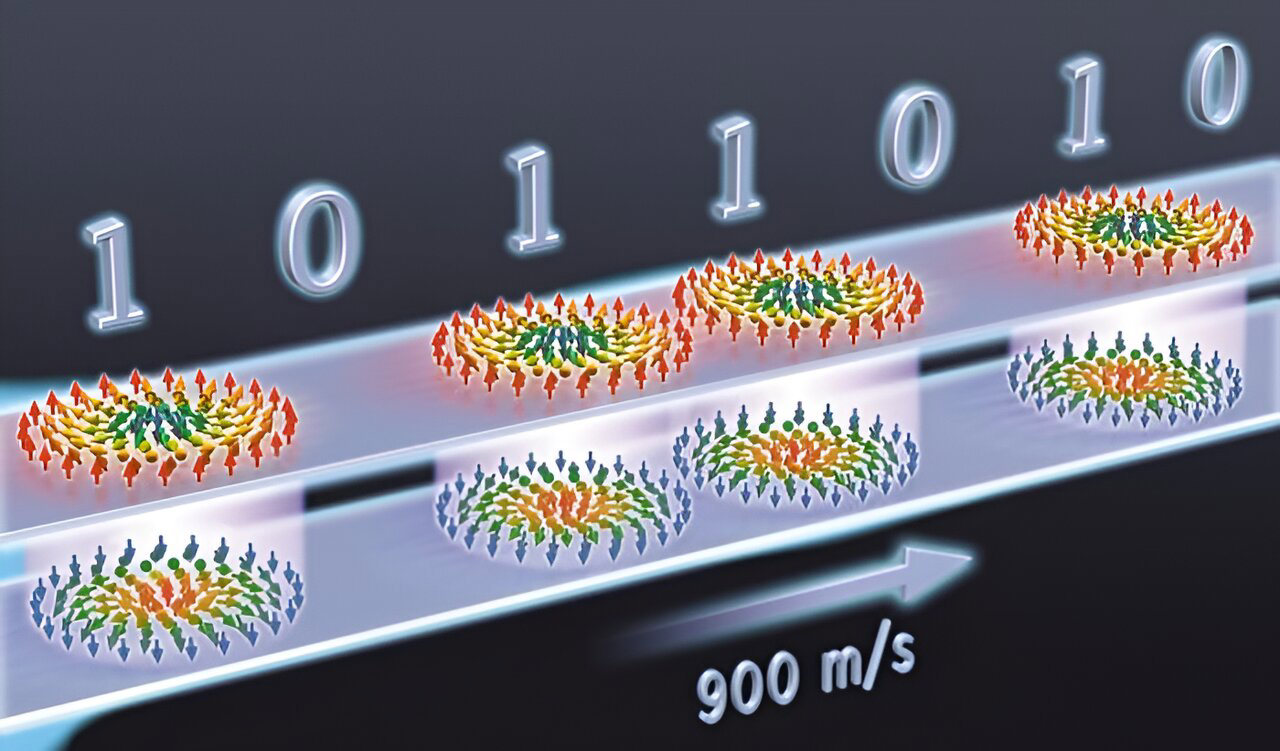
Action Produces Information
If you’ve read a lot of articles about decision making, you might think that good decision making is simply a function of applying the right decision-making frameworks to the world, and then reaping the benefits.
For instance, if you’re lucky enough to be picking between three career paths, you might decide to do an expected utility calculation to figure out which of the three to pursue. Or if you find yourself an observer to some internecine office politics, you might decide to fall back to Bayesian analysis to figure out what’s really going on.
I’ve talked a lot about these ideas on this blog, and I’ve usually had good things to say about all of them. But in this piece I want to take the other side for a bit, and talk about the limitations of these techniques. These limitations, as you’ll soon see, apply to just about every technique drawn from the judgment and decision making literature. They should be obvious to you if you’ve ever attempted to put these ideas to practice, or if you’ve dug deep enough to discover the origins of the ideas.
Somewhat surprisingly, the bulk of the criticism may be captured in a single sentence: “action produces information.” Keep this aphorism in mind; it’ll come in handy in a bit.
















/cdn.vox-cdn.com/uploads/chorus_asset/file/25336775/STK051_TIKTOKBAN_CVirginia_D.jpg)





